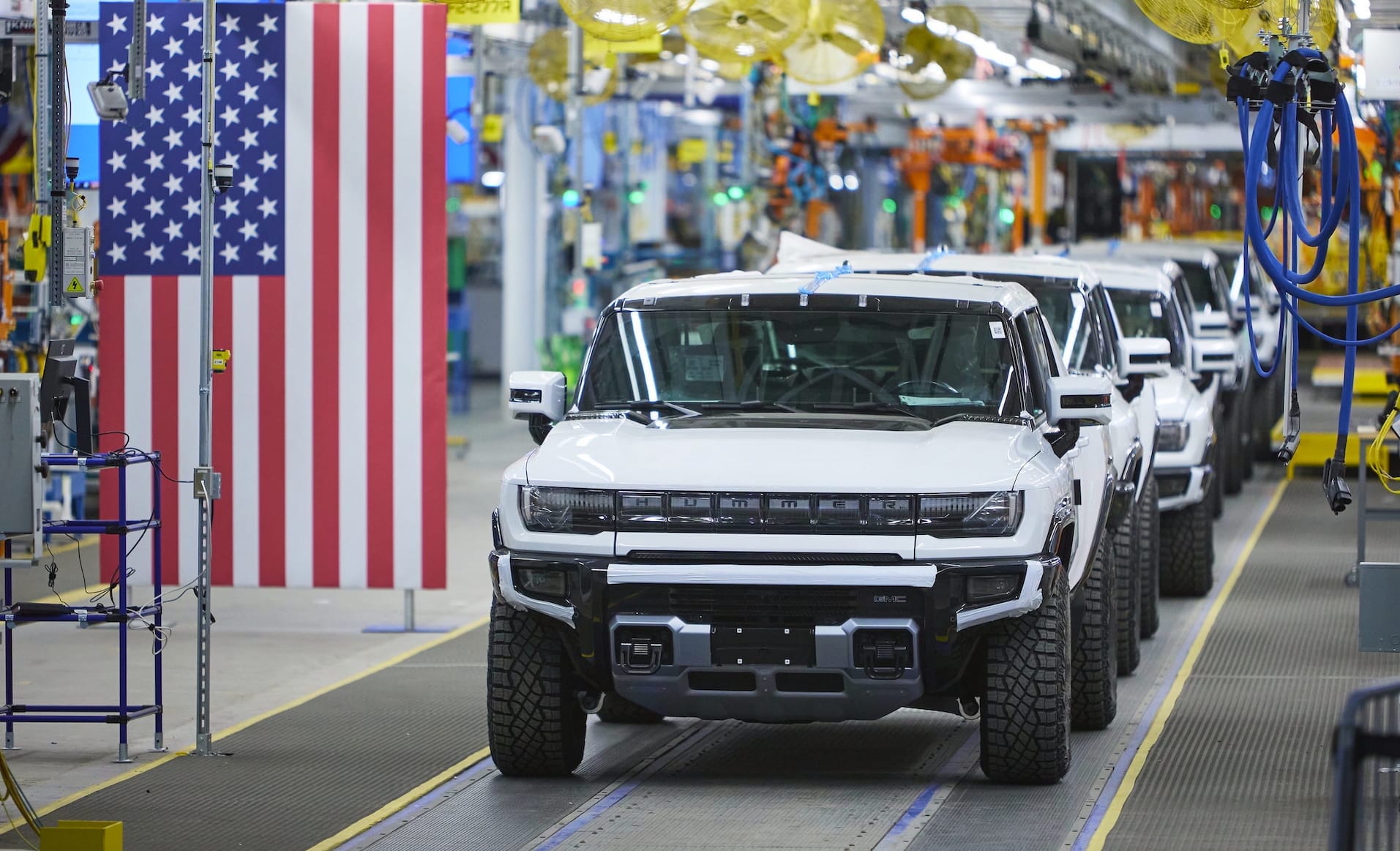The Inflation Reduction Act: Grading Its Impact on Cars, from A+ to F
Here’s where Biden’s climate law is having the biggest impact on the automotive industry — and where it’s falling short.

Around this time last summer, it seemed more apparent than ever that 2023 would be the year the gasoline-free automotive future was set to begin. After a decade that included electric vehicle fits and starts, Volkswagen’s diesel cheating scandal, the rise of Tesla, the EV boom in China, and a whole new generation of car buyers more aware of their personal impact on the climate than ever, it felt like the dawn of an EV-focused tomorrow was just around the corner. All it needed was a spark.
The Inflation Reduction Act, an admittedly poorly named piece of legislation packed with climate and green energy provisions, was meant to be exactly that. On the automotive front, the Biden administration’s signature legislation package included massive subsidies for EV battery plants, strict rules around where cars are produced and batteries are sourced, and a reset on America’s outdated EV tax incentive scheme for car buyers. It seemed grand on a scale not seen since the Johnson years: thousands of jobs, some $100 billion in funding, and a chance for America to kneecap China in the EV arms race.
So a year after the IRA’s passage, is all this investment working? The definitive answer is this: mostly, kinda.

